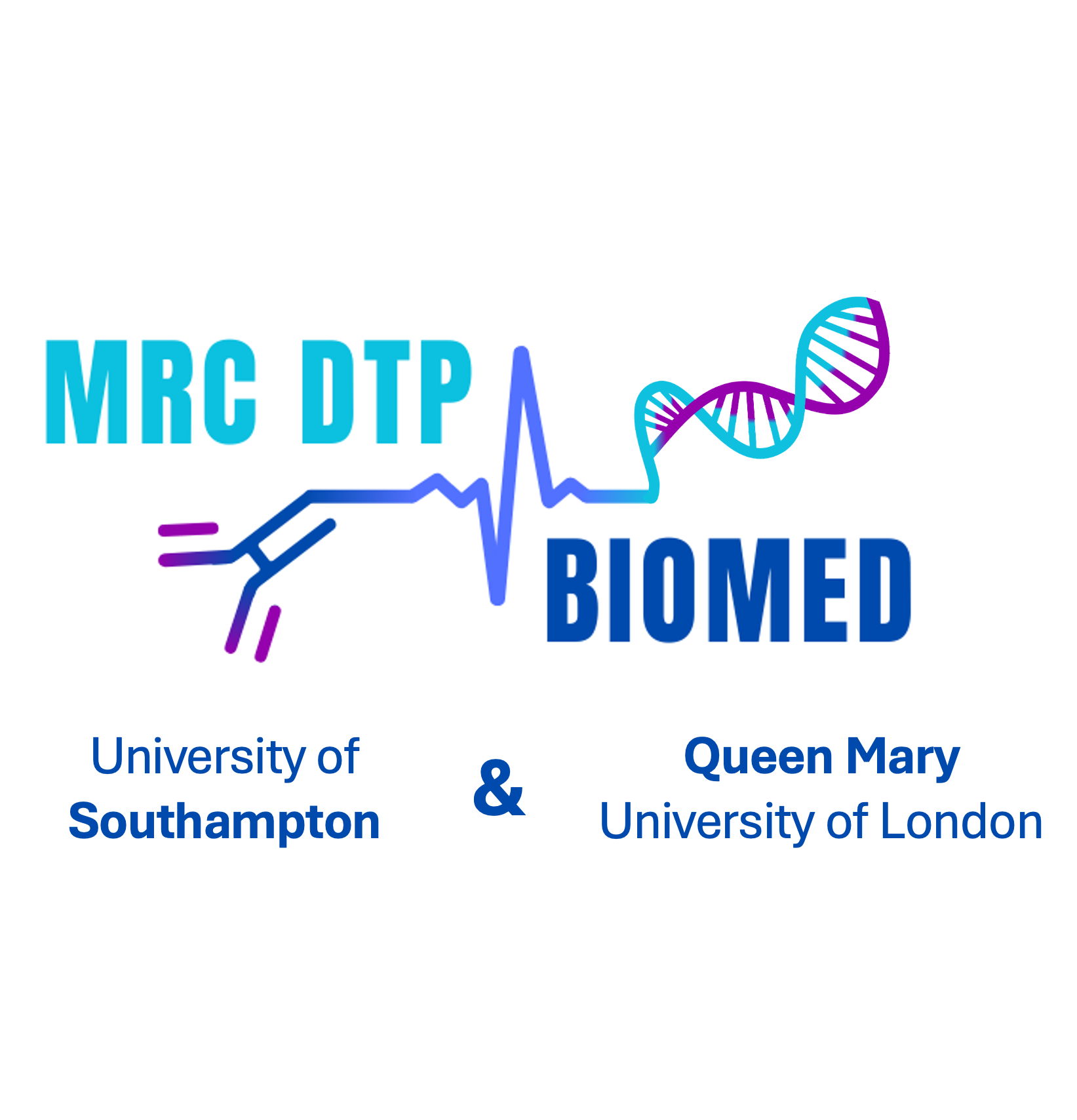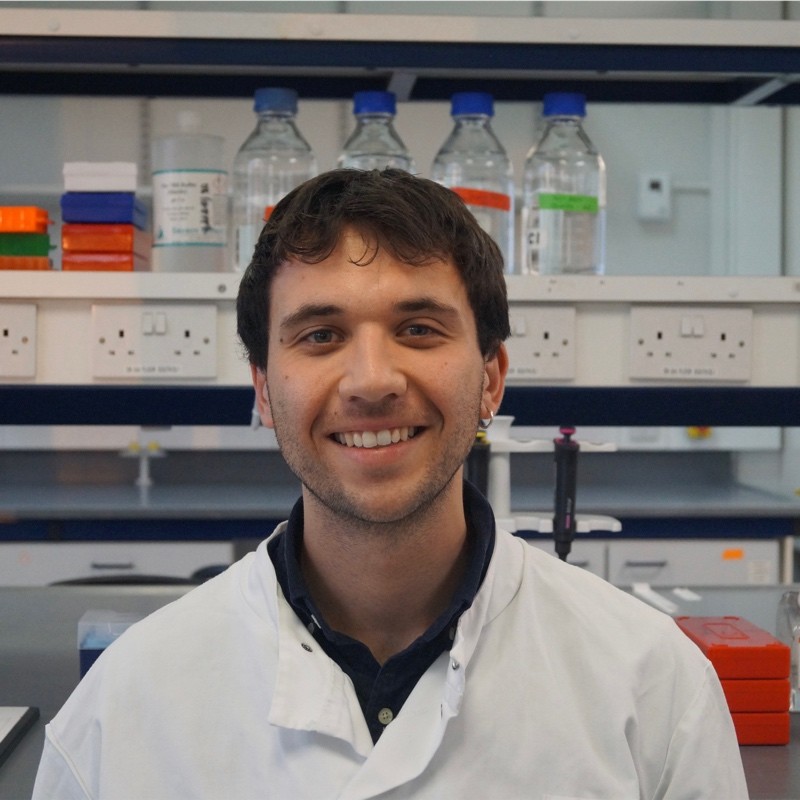
Marcos Burger Ramos (QMUL)
Cancer Inflammation and Immunology
What is your PhD project? Broadly speaking, my PhD project with Dr Oliver Pearce is about targeting the extracellular matrix (ECM) in order to increase immune infiltration in triple negative breast cancer (TNBC). Like many other solid tumours, this subtype of breast cancer often shows poor cancer immunity which renders otherwise promising immunotherapies, such as CAR-T cell therapy, ineffective. One of the main barriers to immune infiltration is a very dense tumour ECM. With my PhD project, we will use tumour colonizing bacteria designed by Neobe Therapeutics to degrade certain ECM molecules in a decellularized tissue model of TNBC, and characterize their effect on CAR-T cell trafficking and cytotoxicity in this model.
What skills have you developed so far, and what skills do you hope to develop? Given that I only started about a month ago the list of skills I have developed as part of this PhD is not very long. However, it was good to do some bacterial work again as I had forgotten most of the practical techniques used for bacterial culture! One technique I am particularly looking forward to is live imaging of the CAR-T cells and the bacteria in my TNBC tissues which sounds quite complex but I think having videos of how these cells move through the tissues and potentially even how the bacteria express their payload will be incredibly interesting.
How do you think having a relationship with a company already at this stage of your PhD will help your career development? I think the intersection of academia and industry is an incredibly exciting space to be working in and being able to learn about the regulatory guidelines research in industry has to adhere to gives scientists a much better understanding of how their work can be translated and incorporated into patient care. For me, I think learning about these things this early on will help me a lot in producing impactful work and will also give me a much clearer picture of what type of research I’d like to do after my PhD.
What have you enjoyed most and least about your experience so far? What I’ve enjoyed the most so far is definitely how welcoming and helpful everyone is in the lab! It’s been very nice settling in when there are loads of people around to help show where things are etc. I’ve also really enjoyed my practical work with Neobe Therapeutics and hearing about the co-founders’ experiences starting a biotech start up in London. Something I maybe haven’t enjoyed as much is the slightly slower pace of my PhD in the first month but actually this has been quite useful to do all my background reading and make sure I have a rough plan for the next couple of months so it really isn’t a bad thing after all!

Matthew Milton (Southampton)
Immunity and Infection Pathway
What is your PhD project? I have just started working towards my PhD project entitled ‘Investigating the functional role of CD1 expression and defining protective and pathogenic CD1c-immunity in tuberculosis’. With Mycobacterium tuberculosis infecting nearly a quarter of the world’s population and claiming 1.4 million lives each year, there is a desperate need for a new vaccine. For my project I am investigating specific subsets of T cells which we hypothesise could be important for protection against Mycobacterium tuberculosis infection. We hope that the findings from the project will inform the development of future TB vaccines.
What skills have you developed so far, and what skills do you hope to develop? Looking back, I have learnt lots over the course of the iPhD so far. I have had the opportunity to gain skills and experience in everything from tissue culture through to bioinformatic analysis. I hope to soon get the training required to work in containment level 3 laboratories and learn how to conduct co-culture experiments incorporating live Mycobacterium tuberculosis.
How have you found the mathematic/computational component of the DTP? Having never even attempted coding, I thought that I would find the bioinformatics and computing elements of the iPhD course the most difficult. However, from taught content of the iPhD course along with being fortunate enough to have completed a bioinformatics rotation project, my skills and knowledge of bioinformatics have grown enormously. Thanks to what I have learnt, I expect bioinformatic analysis to form a valuable component of my PhD project.
What have you enjoyed most and least about your experience so far? Despite the rotation projects I have completed being spread across multiple different fields of research, they all provided an opportunity for me to gain valuable skills and experience which I am now using for my PhD project. However, completing three different rotation projects is a little like starting three new jobs in the same year, making the first year of the iPhD course quite intensive.
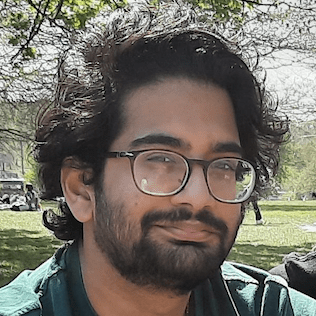
Dillon Popat (QMUL)
Cancer Inflammation and Immunology
What is your PhD project focused on and how did you choose it? My iCase PhD involves the development of new drugs for the treatment of ACTH secreting tumours focussing specifically on the unique G protein-coupled receptor (GPCR), MC2R, and its accessory protein, MRAP. The MC2R/MRAP complex is involved in the binding of ACTH and post activation leads to the production of the stress hormone, cortisol, from the adrenal gland. High levels of cortisol reduce the quality of life of the patient and worsen the prognosis of neuroendocrine tumours. We are working with a company called OMass therapeutics who specialise in native mass spectrometry for drug development of GPCRs.
I chose this project so I would be able to work with a group who works very translationally. We use advanced in vitro and in vivo models and have direct links to the clinic and industry, this allow us to bring our research from benchwork to bedside. Working with industry means I will be able to experience various research environments and understand small and large-scale industrial research projects.
My project will allow me to use a variety of tools and work across disciplines, from molecular biology techniques to physical chemistry and bioinformatics.
What skills have you developed so far? So far, I have developed various skills in molecular and cell biology, including several biosensor assays and techniques to study GPCRs which are the biggest pharmacological targets. I have also started to use advanced computational modelling techniques like Alphafold.
What have you enjoyed most and least about your experience so far? I have most enjoyed working in an incredibly supportive department at the William Harvey Research Institute’s Centre for Endocrinology, the people around me have made me a better scientist and have always encouraged new ideas.
Covid made it hard to initially start work in the lab and start to meet other people in the department, but now things have started to open we have been able to be more social.
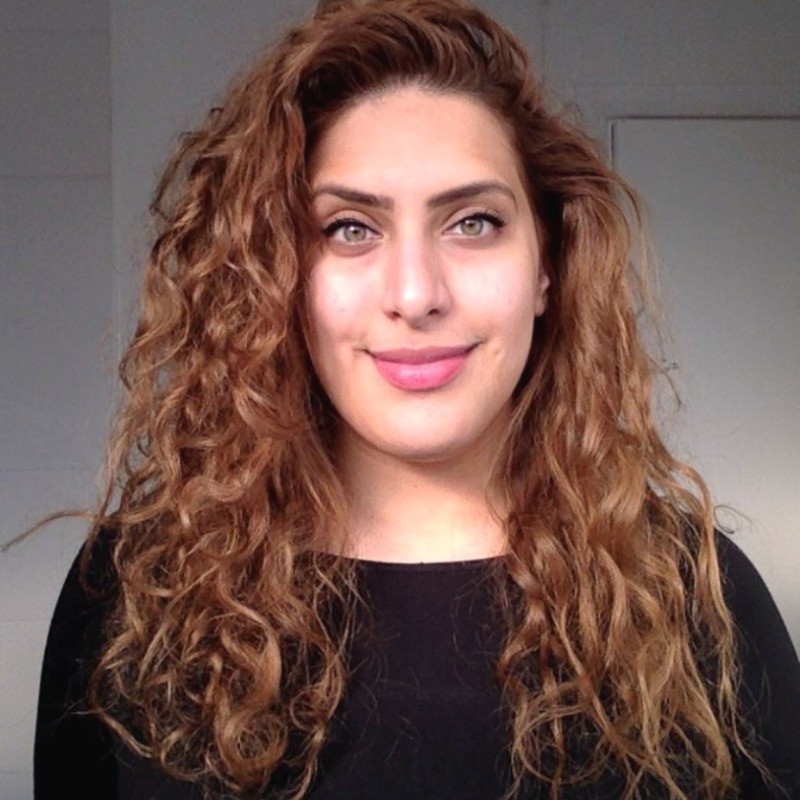
Sahar Farag (Southampton)
Immunity and Infection Pathway
What is your PhD project? My iCASE PhD project is investigating the immune response to tuberculosis, which represents a serious worldwide human health threat. I am studying the functional effect of CD1c responsive T cells in human Tuberculosis (TB). CD1c belongs to a family of lipid antigen presenting molecules that can present self- and foreign lipids to T cells, and thus initiate an immune response. Understanding the populations of T cells and mechanisms involved in fighting TB are essential for the development of effective vaccines and therapies. My project puts to use tetramers generated in-house to identify and isolate specific populations of T cells via flow cytometry; as well as traditional 2D cell culture and a 3D system to better understand the host-pathogen interaction. My PhD being an iCASE means that I also have an Industry Supervisor and will have the exciting opportunity to complete a placement at Immunocore (Abingdon, Oxford) where I’ll gain insight into what it’s like working in industry as well as be able to learn techniques and gain the most from their expertise to further my project.
What skills have you developed so far, and what skills do you hope to develop? Prior to starting this PhD I had no experience in flow cytometry. I only had theoretical knowledge in its principles; however, its application is very different, and I can now design FACS experiments, use the FACSAria confidently and analyse subsequent data using FlowJo. I have also learnt how to generate functional tetramers from protein inclusion bodies grown in bacteria, which is a cornerstone of my project. Moving forward, I hope to build on my ability to carry out manual compensation when setting up flow cytometry experiments; as well as learn more effective methods of cloning T cells.
How have you found the mathematic/computational component of the DTP? I have recently completed an introductory course on RNA-seq which uses Kallisto and R. Whilst my project does not necessarily include bioinformatics at the moment, it was really interesting to learn about how bioinformatics analyses are carried out, and be able to better understand published articles that include data derived from bioinformatics. It would be useful to complete a more in-depth course and possibly incorporate it in my project.
What have you enjoyed most and least about your experience so far? I have enjoyed learning completely new skills and techniques that I previously hadn’t been exposed to. I am also glad to be part of the group that I am in. As is the nature of science, not all experimental methods work which can be a little frustrating, but there are always other options to explore.
Sarah Hindle (QMUL)
Cancer Inflammation and Immunology
What is your PhD project and how did you choose it? My PhD project is based at the Blizard Institute and is supervised by Dr John Connelly. My research focuses on developing a vascularised and immune responsive in-vitro skin model using 3D bio-printing. I chose this project because I was interested in broadening my knowledge of 3D culture models and I was excited by the potential impacts of this research on the fundamental understanding of skin biology, in the discovery and testing of therapeutics and in the engineering of tissues for regenerative medicine purposes. Additionally, my project is an industrial CASE studentship, which means that I have an industrial partner, Kirkstall Ltd. Towards the end of my PhD I will be conducting a 3-month placement within their Research and Development team. During this placement I will gain an insight into the biotechnology industry and gain knowledge about fluidic cell culture systems and their applications for different tissue and disease models.
What skills have you developed so far? So far during my PhD I have learned to print in-vitro vascularised skin models using the 3D-bioprinter and have further developed my skills in adherent- and suspension-cell tissue culture, immunohistochemistry, confocal and epifluorescence imaging and data analysis.
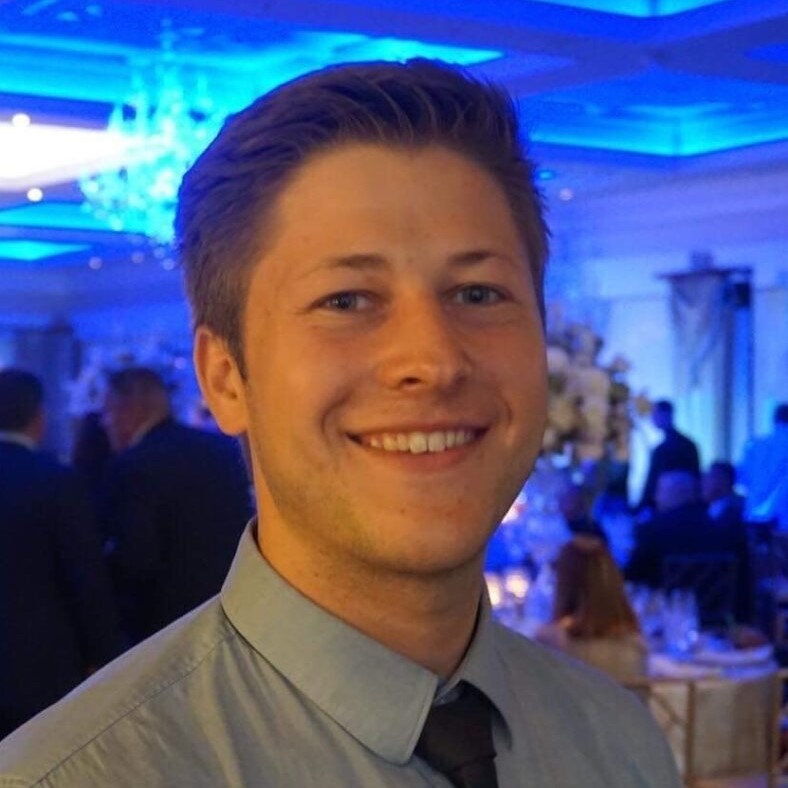
Henry Gerdes (QMUL)
Cancer Inflammation and Immunology
What is your PhD project and how did you choose it? My project aims to investigate the mechanisms which sensitise patients to Aurora B inhibitors in acute myeloid leukaemia using proteomic and systems biology approaches. I then identify predictive biomarkers of patient response to Aurora B inhibitors from the data generated using these techniques. I chose this project because it utilises and develops techniques which will improve precision medicine for cancer treatment. In addition it is also a great opportunity to gain experience in both academia and industry in a field I am passionate about.
What skills have you developed so far? I have developed both laboratory and computational skills throughout my project. To generate proteomics data I use a technique called Liquid Chromatography Mass Spectrometry. This technique generates large datasets which I process and analyse using coding languages such as r and python. I have also been the president of the BCI PhD forum which has helped me further develop my leadership, organisation and communication skills.
How do you think having a relationship with a company already at this stage of your PhD will help your career development? Working closely with my company has given me more insight into how industrial research is organised and prioritised. This experience has allowed me to communicate with experts in my field and expanded my professional network. I will also be carrying out a work placement in Cambridge which will allow me to get first had experience working in industry.
What have you enjoyed most and least about your experience so far? I have enjoyed expanding my knowledge of bioinformatics throughout my project. Using these skills I have written small programs which automate a lot of my data analysis. Not only has this made me more productive it has produced tools which are useful for other members of my laboratory. The impact of COVID-19 on my project has been challenging. Luckily there have been a lot of resources available from Barts Cancer Institute and my industry sponsors which have helped me adapt my project goals in response to COVID-19.
